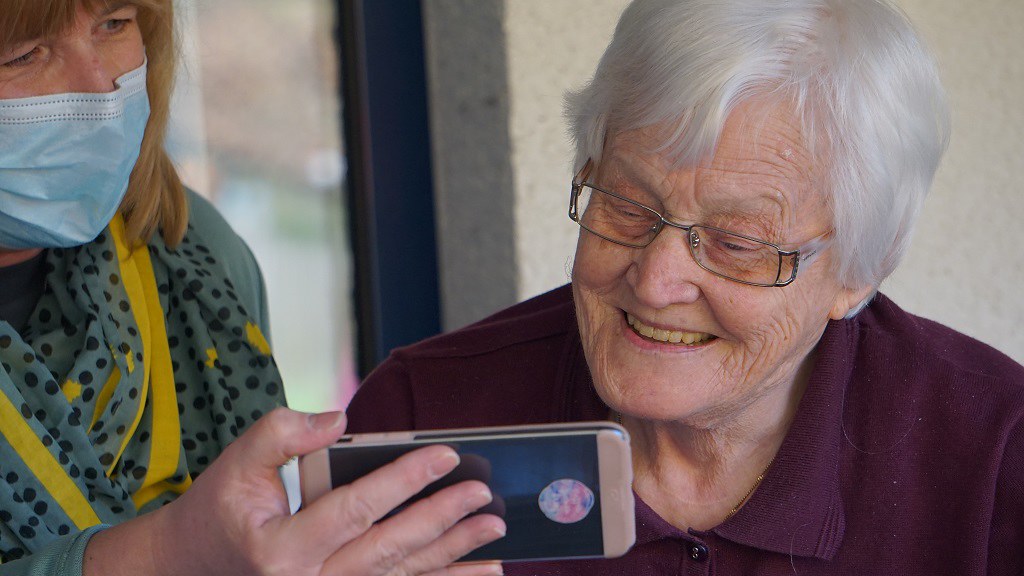University of Bath research projects currently exploring this theme are:
Evaluating the use of remote consultations in secondary care
Academics from the Department for Health are working on a project with the Royal United Hospital in Bath to look at remote consultations in Gerontology. As health services move towards greater use of remote consultations as part of standard care, understanding staff experience, as well as that of patients, is important for the changes to be positive steps for patients, and clinicians.
Improving balance in older adults using virtual reality
Researchers at the University who have been investigating how virtual reality (VR) can help improve balance believe this technology could be a valuable tool in the prevention of falls. More on this project.
Using EEG tests for early Alzheimer’s diagnosis
Psychologists from the University have developed a revolutionary approach to early Alzheimer's diagnosis. This innovative research involves participants viewing a series of flashing pictures on a computer, whilst wearing an EEG cap which measures their brainwave activity. This technique is called Fastball EEG, and is cheap, portable and involves pre-existing technology, which will be readily available in hospitals. More on this project.
Use of technology to tackle loneliness among older people
We are working with the Wales Centre for Public Policy to carry out research looking at the use of technology to tackle loneliness among older people during the coronavirus pandemic. The aim of the project is to provide Welsh Government Ministers with access to independent authoritative expertise and evidence relating to the use of technology to tackle loneliness and social isolation during the COVID-19 pandemic which will inform policy and practice in Wales.
